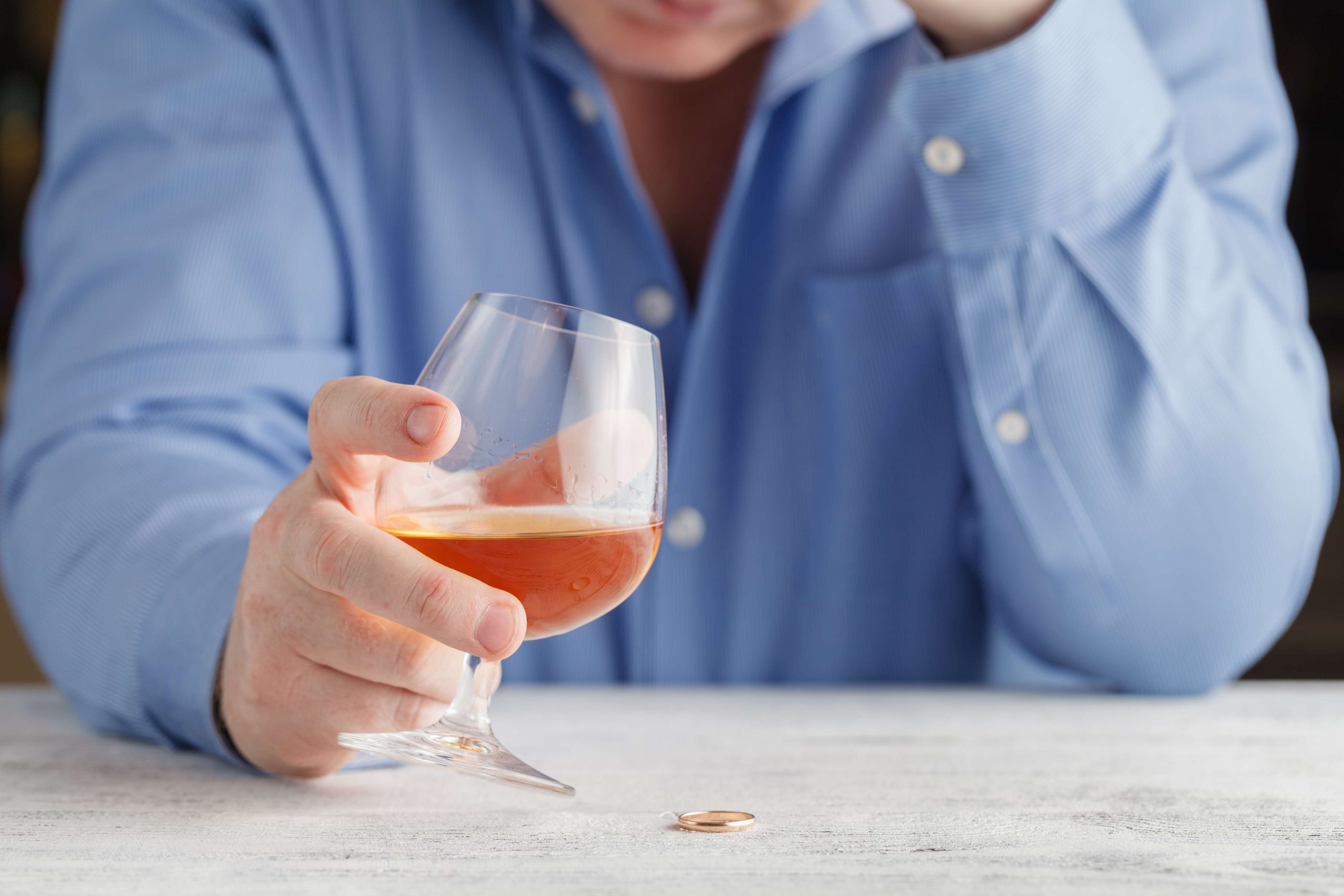Maybe you start by simply going to the gym at a certain time most days of the week. Don’t stress too much about doing a huge workout; just focus on getting yourself there. Instead, focus on taking small steps to build some of them into your routine. “Given that relapse is a process, it can be identified and interpreted before use happens,” she says.
How Can I (Or My Loved One) Cope With Dry Drunk Syndrome?
Some people believe the term dry drunk is an inappropriate way to refer to a person who is trying to go through the process of alcohol recovery. Attendance at therapy appointments and self-help meetings isn’t enough for some people in recovery. They have to commit to therapy and have faith that it will help them if they want to overcome dry drunk syndrome and enter recovery. A person may be a dry drunk during the time between becoming sober and entering recovery. Depending on the severity of the person’s condition, it may take months to become stable and advance through all the alcoholic recovery stages. Dry drunk syndrome gets its name because it affects individuals who are in recovery from alcohol addiction, also known as “dry,” causing them to act the way they did when they were previously drinking.

Organizations That We Support
As these feelings grow, they can lead to a mindset of separation from others, feeling misunderstood or isolated. People with addiction often view themselves, others, and the world around them negatively. If you wish https://buktijpdewalive.com/detox-aromatherapy-essential-oil/ to contact a specific rehab facility then find a specific rehab facility using our treatment locator page or visit SAMHSA.gov.
Continued Support and Self-Care Are Essential
It is worth noting that dry drunk syndrome is less common for those who attend a treatment program with a support system, such as inpatient, outpatient, or a 12-step program. This is likely because the individual has a need to explore the reasons they began drinking in the first place. Some people require formal therapy from a rehab center or outpatient therapist to overcome dry drunk syndrome and find motivation to change their behaviors. Others can benefit from self-help programs, such as Alcoholics Anonymous or SMART Recovery.
- You’ve stopped drinking, but emotionally and mentally, it might feel like you’re not really moving forward.
- Both are invaluable tools for managing the underlying emotional and psychological turmoil of addiction.
- Don’t wait— reach out today to take the first step toward taking control of your life.
- If you have not developed healthy coping strategies to deal with stress and emotions, you may revert to old habits or develop new unhealthy ones.
Coping With Dry Drunk Syndrome
For that reason, simply quitting substances without changing one’s lifestyle or other behaviors and thought processes simply isn’t enough. Taking away the substance doesn’t fix the problem that the addict or alcoholic was trying to solve through the use of the substance in the first place. When someone doesn’t replace their addiction with a healthy pattern of living or a new solution to dealing with life, they can end up feeling empty, discontent, and full of anguish. This is what’s referred to as “dry drunk syndrome.” It’s an addict or an alcoholic with no drugs or alcohol, and also no solution.

Personality Change After Thyroidectomy: Exploring the Psychological Impact
When someone is stuck in dry drunk patterns, they’re not addressing the root causes of their addiction. This leaves them vulnerable to falling back into old habits when faced with stress or triggers. Dry Drunk Syndrome is a term sober alcoholic meaning used to describe a situation where someone remains emotionally and behaviorally similar to their pre-recovery state despite abstinence from alcohol or drugs.

Long-Term Effects on the Recovery Process
- CBT is a type of psychotherapy that helps individuals recognize and change destructive thought patterns that contribute to negative behaviors and emotions.
- In addition to professional support, it’s important to surround oneself with a supportive network of friends and family who understand the challenges of recovery.
- Recovery is about replacing unhealthy coping mechanisms with healthy ones.
It may mean participating in family or couples therapy, as well as joining recovery and self-help groups for family members of the dry drunk. Today the term dry drunk may apply to anyone who goes through a substance abuse rehab program without a full commitment to recovery. While dry drunks can be a product of mandated treatment, many people who choose to receive treatment think that treatment alone is all that is necessary to achieve lasting sobriety. Yes, if you’ve been dealing with symptoms of dry drunk syndrome, recovery is absolutely possible. It’s about discovering more constructive ways to manage what you’re experiencing. But don’t hesitate to reach out for professional help if you feel you need guidance or support.
Humility plays a major role in any successful recovery, and someone who cannot accept responsibility for their circumstances is unlikely to find success in their journey to sobriety. Amanda Stevens is a highly respected figure in the field of medical content writing, with a specific focus on eating disorders and addiction treatment. Amanda earned a Bachelor of Science degree in Social Work from Purdue University, graduating Magna Cum Laude, which serves as a strong educational foundation for her contributions. It takes significant work and commitment—both to your rehabilitation and to your growth as a person. You must stay on top of it every day, seek help when you need it, and be open to new ways of thinking and living.
During withdrawal, the individual will often experience uncomfortable, flu-like symptoms including fatigue, body pain, headaches, nausea, and sleeplessness. Other, more dangerous outcomes can also occur during withdrawal, including delirium tremens, a brain condition alcoholism treatment that can lead to coma or death. For example, when an individual regularly consumes alcohol, they cause levels of messenger chemicals called neurotransmitters to increase in the brain. One particular neurotransmitter that alcohol boosts is dopamine, a “feel good” chemical that causes a temporary feeling of relief and pleasure when drinking.
